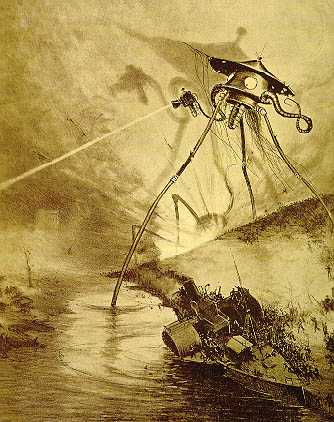
From astrophysicist Ethan Siegel at Forbes:
Again, Earth is our only laboratory for this, but let’s be optimistic in the absence of evidence, and assume there’s a 1-in-1,000 chance that a world that starts with a primitive, replicating, information-encoding strand of life can lead to something like the Cambrian explosion. That gives us 10,000 worlds in the Milky Way teeming with diverse, multicellular, highly differentiated forms of life. Given the distance between the stars, that means there’s likely another planet where this has occurred just a few hundred light years away.
…
The uncertainties here are huge, and any number that you can pick is as ill-motivated as any other. Someday in the future, we’ll have the capability of performing our first tests, however. When our telescope technology enables us to determine the atmospheric contents of worlds, we can look for the presence or absence of biosignatures like methane, molecular oxygen, and carbon dioxide. It will be indirect evidence, but it should be an incredible step towards inferring whether worlds have life on them or not. If we say there’s a 1-in-10,000 chance that a potentially habitable world has life on it, as good a guess as any, that means there are 10 million worlds in the Milky Way where life exists.More.
Would you invest in a scheme like this?
The Drake equation is unfixable because it is based on a hope (we are not alone) created to avoid confronting a fear (we are alone). It’ll never die. But it is fun.
See also: Obituary column: By the time we hear from the space aliens,they will be dead